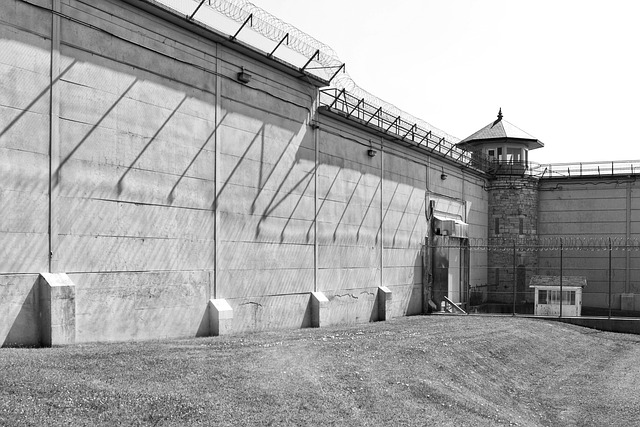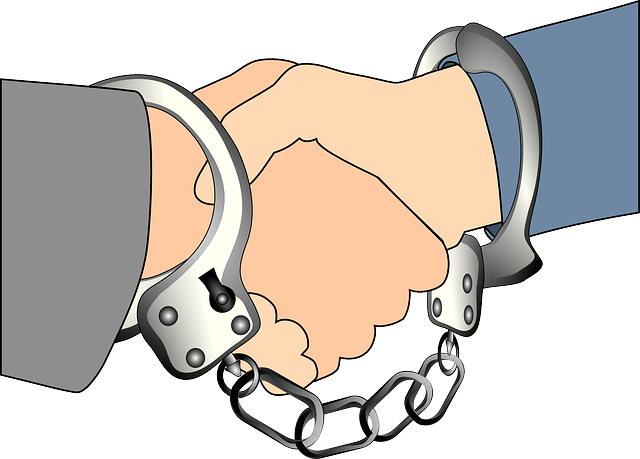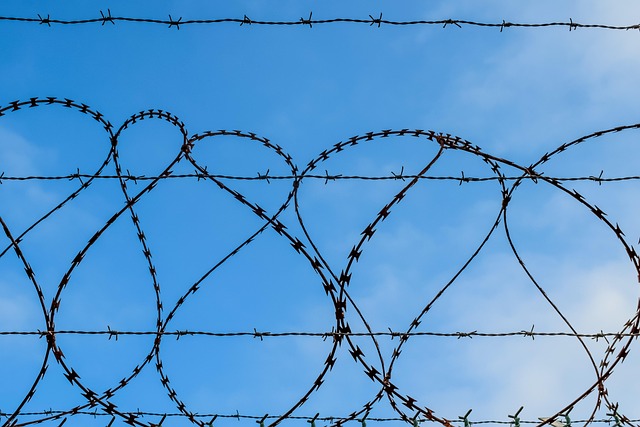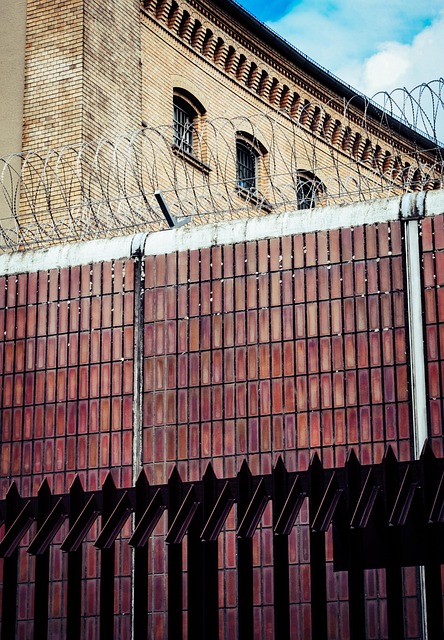Youth Justice and Fair Treatment are inextricably linked, with adolescence presenting unique challenges that impact interactions with the criminal justice system. Systemic issues like racial disparities in charging and sentencing must be addressed to ensure equitable outcomes. The Immigration Consequences of DUI Convictions significantly affect young people, especially non-citizens, potentially leading to deportation or denial of legal residency. These consequences extend to work permits and re-entry into the country post-sentence. Youth justice reforms are crucial to achieve more equitable outcomes for marginalized communities, with a focus on addressing these immigration repercussions. Evidence-based practices, diversion programs, and restorative justice approaches aim to reduce recidivism rates and offer brighter futures for all adolescents.
“In the pursuit of equitable justice, understanding the unique challenges faced by young individuals within the criminal justice system is paramount. This article delves into the concept of fair treatment for youth, particularly focusing on the immigration implications of DUI convictions. We explore how cultural and socioeconomic factors disproportionately affect juvenile offenders, emphasizing the need for legal advocacy and reform strategies. By examining these aspects, we aim to shed light on potential solutions, ensuring a more just and compassionate approach to youth justice, especially in relation to the significant impact of DUI charges.”
- Understanding Youth Justice and Fair Treatment: A Foundation for Change
- The Immigration Implications of DUI Convictions for Young People
- Disproportionate Impact: How Cultural and Socioeconomic Factors Play a Role
- Navigating the Legal System: Rights and Representation for Juvenile Offenders
- Strategies for Reform: Toward More Equitable Outcomes in Youth Justice
Understanding Youth Justice and Fair Treatment: A Foundation for Change

Youth Justice and Fair Treatment are intertwined concepts that demand meticulous consideration, especially when dealing with young individuals facing legal repercussions. Understanding the nuances of youth justice involves recognizing the unique challenges and vulnerabilities associated with adolescence, which often shape their interactions with the criminal justice system. It is a complex landscape where decisions made at a young age can have long-lasting implications, including significant immigration consequences for those with DUI convictions.
Fair treatment necessitates a nuanced approach, ensuring that youth are not only protected but also provided with opportunities for growth and rehabilitation. This means addressing systemic issues that may disproportionately affect marginalized communities, such as racial disparities in charging and sentencing. By implementing restorative justice practices and focusing on rehabilitation rather than solely punishment, we can foster an environment that promotes positive change and reduces the risk of reoffending.
The Immigration Implications of DUI Convictions for Young People

For young people, a DUI conviction can have significant immigration implications, often with long-lasting effects on their future. In many cases, this criminal record can lead to deportation or denial of legal residency status, especially for individuals who are not citizens. The Immigration Consequences of DUI Convictions include various challenges.
These may range from difficulty in obtaining work permits and visas to barriers in re-entering the country after serving their sentence. The process of navigating these consequences is complex, often requiring specialized legal support. It’s crucial that young people facing DUI charges understand these potential immigration repercussions and seek guidance on how to mitigate any adverse effects on their ability to remain or return to their home countries.
Disproportionate Impact: How Cultural and Socioeconomic Factors Play a Role

The youth justice system often faces challenges in ensuring fair treatment, and one significant issue is the disproportionate impact on marginalized communities. Cultural and socioeconomic factors significantly influence the outcomes of young individuals, especially those with immigration consequences. Research indicates that minority youth are more likely to be stopped, searched, and arrested by law enforcement, contributing to a higher rate of DUI-related charges compared to their peers. This disparity is further exacerbated by systemic barriers, such as language differences, limited access to quality legal representation, and cultural misunderstandings, which can result in harsher penalties.
The Immigration Consequences of DUI convictions can have devastating effects on young people’s lives. They may face additional challenges, including deportation or extended detention, which can disrupt their education and future prospects. These outcomes are especially concerning for immigrants who may already struggle with social integration and legal navigation due to cultural barriers and limited resources. Understanding these systemic issues is crucial in developing strategies to promote equality and ensure that youth justice measures do not perpetuate existing social inequalities.
Navigating the Legal System: Rights and Representation for Juvenile Offenders

Navigating the legal system can be a daunting task, especially for young offenders who are still developing their understanding of rights and responsibilities. Juvenile justice aims to ensure fair treatment, focusing on rehabilitation rather than solely on punishment. However, the complexities of the legal process often leave young people, particularly those from marginalized communities or with limited access to resources, vulnerable. One significant concern is the potential immigration consequences of DUI (Drunk Driving Underage) convictions, which can have long-lasting effects on a youth’s future. These outcomes may include deportation or restrictions on legal residency status, impacting their ability to remain in the country they call home.
Ensuring that juvenile offenders are aware of their rights and have adequate representation is crucial. This involves providing legal aid specifically tailored for young people, explaining their options, and guiding them through the system. By offering support and education, we can help minimize the adverse effects of legal interactions, especially when facing charges like DUI, which could carry immigration repercussions.
Strategies for Reform: Toward More Equitable Outcomes in Youth Justice

Youth justice reform is essential to achieving more equitable outcomes, especially for marginalized communities. One key strategy is to address the disproportionate impact of immigration consequences on young people, particularly those with DUI convictions. Many young immigrants face harsher sentencing and potential deportation due to their legal status, creating a cycle of adversity. Advocacy groups push for sentencing reforms that consider individual circumstances, including age, prior records, and cooperation with authorities.
Additionally, diversion programs and restorative justice approaches can redirect young people away from the criminal justice system. These alternatives focus on rehabilitation, accountability, and reintegration into the community. By implementing evidence-based practices and addressing systemic biases, the youth justice system can work towards fairer treatment, reducing recidivism rates, and ensuring a brighter future for all adolescents, regardless of their immigration status or background.
In addressing youth justice, understanding the foundational principles of fair treatment is paramount. The article has explored various aspects, from immigration implications of DUI convictions for young people to the role of cultural and socioeconomic factors. Navigating the legal system must involve ensuring rights and adequate representation for juvenile offenders. Ultimately, implementing effective strategies for reform is crucial to achieve more equitable outcomes in youth justice, mitigating the disproportionate impact on marginalized communities and fostering a fairer society.






